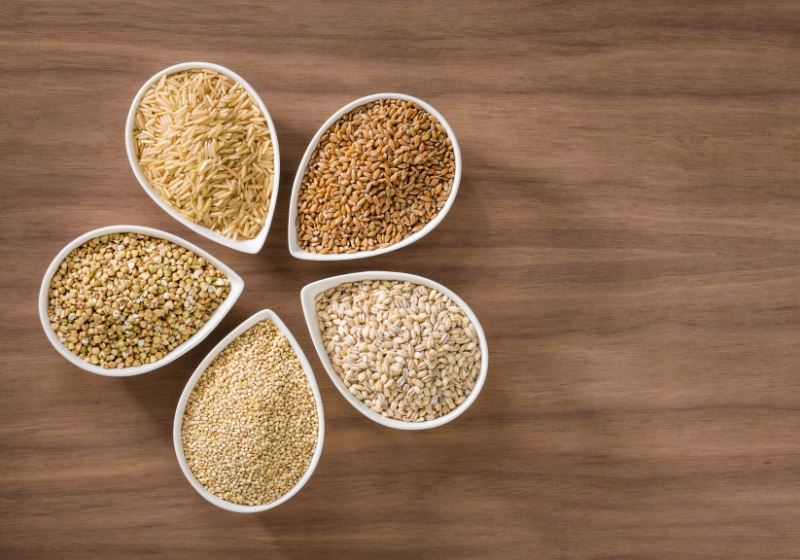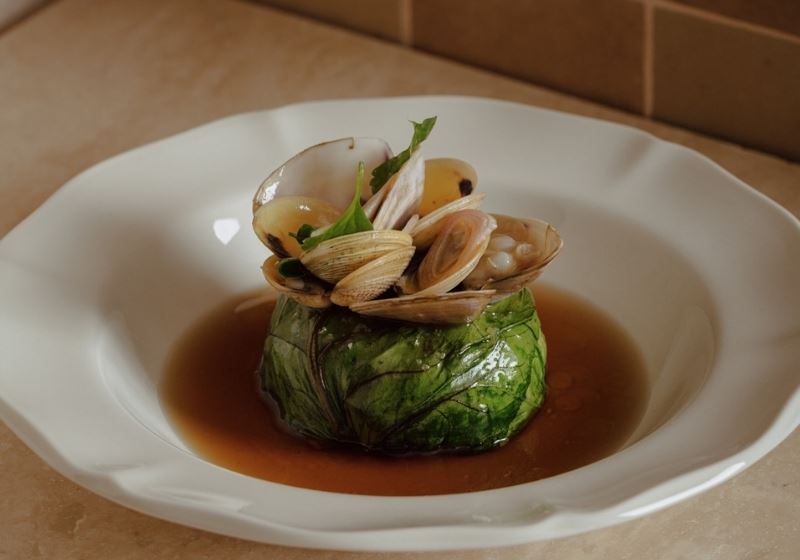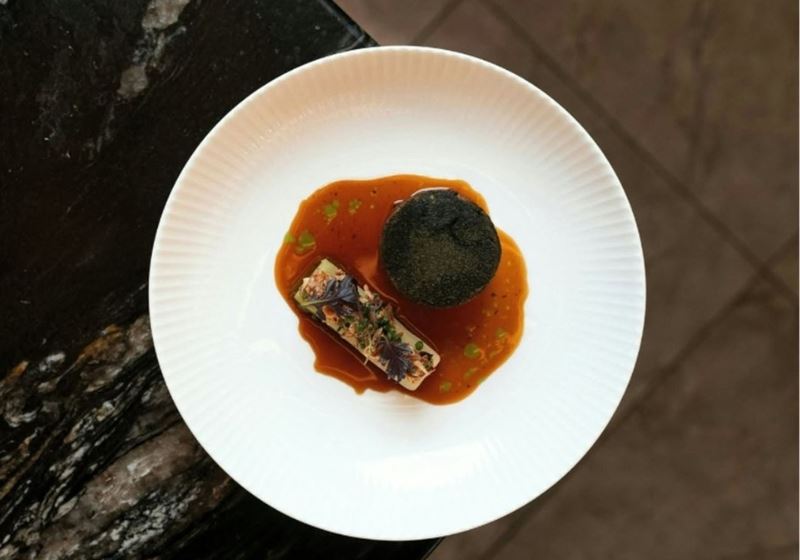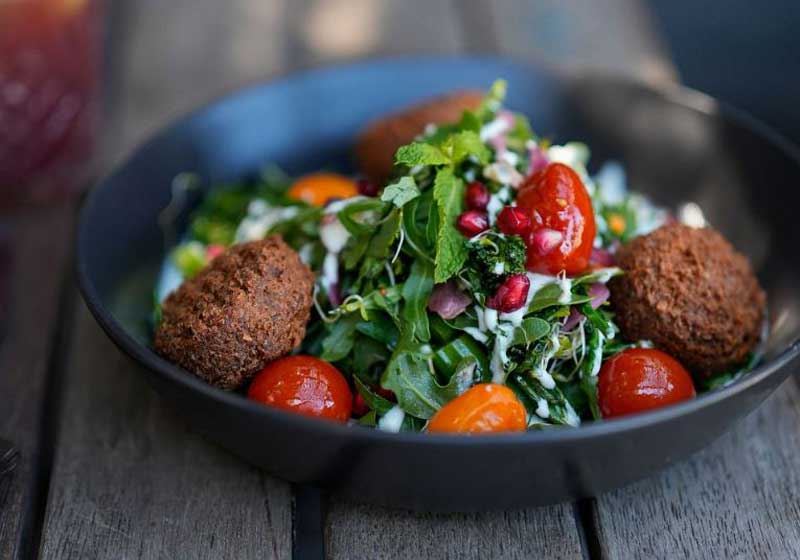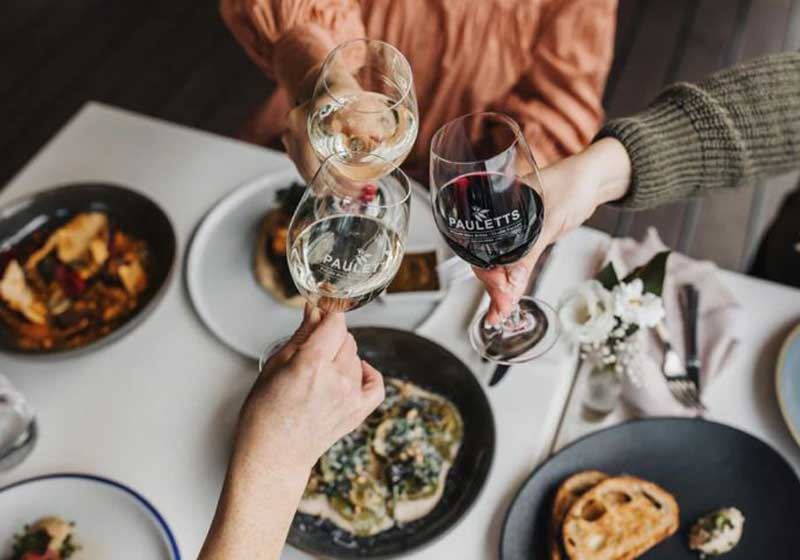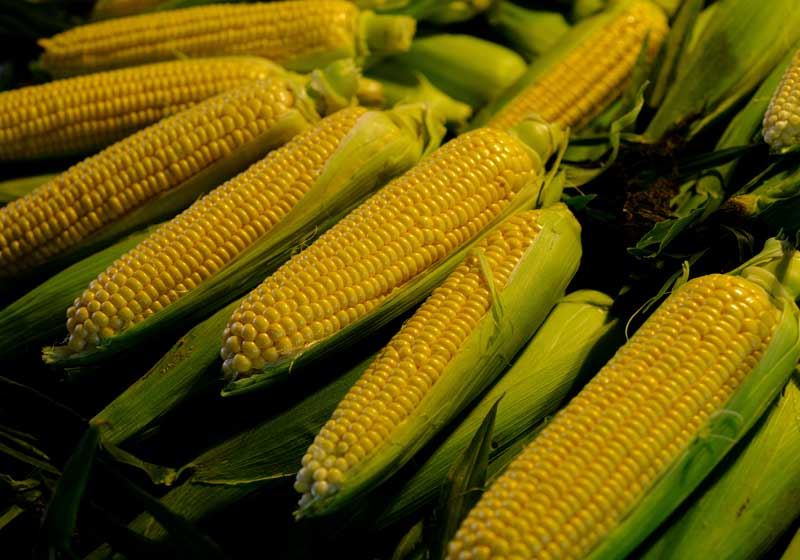By Marie-Antoinette Issa.
Sharing food is one of the oldest forms of connection - but it’s also one of the most delicate social negotiations, fraught with threats of foodie faux pas.
Who takes the first bite? Or, the last one? What happens when there’s only one dumpling left? Most controversially of all: when (if ever) is double-dipping allowed?
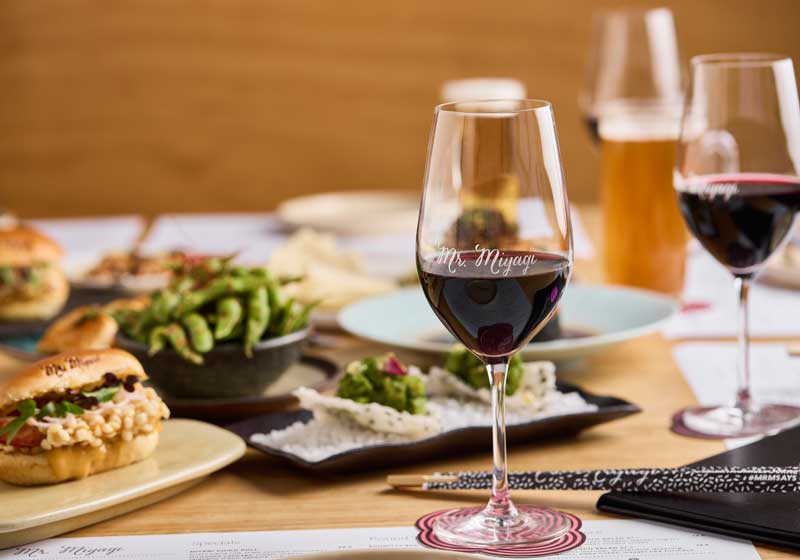
At Mr Miyagi, one of Melbourne’s most popular modern Japanese restaurants, famed for its fusion dishes, frose and fabulous sharing plates, Founder Kristian Klein believes that dining together is as much about etiquette as appetite. It turns out, there are a few ground rules that can save friendships, first dates and family dinners alike.
First, there’s the art of ordering. The person who volunteers to ‘take charge’ of the menu holds real power and that role should never be taken lightly. Kristian admits: "I’m the kind of person who loves trying a bit of everything on a menu. Some people love it when I take control of the ordering, and others cower in fear!
"The beauty of share plates is that you get to taste a little bit of everything. I like to ask the wait staff what the best dishes are so I can get a good selection across the menu. My golden rule is to try everything!”

When it comes to how much to order, there’s no strict calculation. As Kristian explains: "I’m definitely not someone who under-orders. I also rely on the wait staff’s guidance. Portions can vary; some smaller dishes might be rich and filling. At the end of the day, there’s no perfect formula, just let your stomach guide you. The best thing about being at a restaurant is that you can always order more!”
Balance also matters. Too much of one thing can throw off the whole meal. "At most restaurants, I order the ‘hero’ dishes then fill in the gaps,” says Kristian. "So, I always like to order those first, whether they’re protein-based or not and then get our server to help to fill in the table with the supporting sides and lighter plates. It’s really about playing the hits of the menu and then balancing them out with dishes that complement them.”
Of course, etiquette is not just about what’s ordered or how fast it’s eaten. Chopsticks clinking, spoons colliding - taking from the plate can feel like a high-stakes game of Operation.

When it comes to the stickiest rule of all - double-dipping - Kristian’s stance is refreshingly relaxed. "Absolutely acceptable!” he exclaims. "I double dip around people I probably shouldn’t sometimes, but within reason, it’s all part of sharing. Of course, you’re not going to be gross about it, but sharing a meal is about being comfortable together and a little double dipping is part of the fun.”
The real flashpoint is the last piece. A single gyoza sitting lonely on the plate can cause more tension than a UN summit. However, Kristian laughs this off.
"If we’re good enough friends then it’s a race. If the dish is that good that we would squabble about it, let’s get another one! If politeness is required, of course, you offer it around.”
What about those messy dishes, the ones that make you wonder if it’s worth the splattered shirt? Kristian advises: "If our group has to worry about etiquette, I'll probably steer clear of the finger-licking ribs! The fun of a messy dish is just embracing it. If you really need to keep it neat, maybe that’s not the plate to pick. In the end don’t stress too much about mess, it's all cleanable.”
From a Chef’s perspective, not all dishes are made equal when it comes to sharing. "At Mr. Miyagi, sushi hand rolls are a perfect shared dish,” Kristian notes. "They come in pieces and all the shared elements like wasabi or ginger are on the side, which makes sharing them really easy.

"Desserts are the dishes I wish people wouldn’t split. Desserts often have intricate elements designed to be eaten together. Our chocolate mess has honeycomb crumb, chocolate soil, yuzu gel and more. When people try to share it, they often miss out on getting all those parts in one bite. So, desserts are definitely something where I’d say just enjoy your own!”
At its heart, the share plate is less about food politics and more about food as diplomacy. The give-and-take of bites mirrors the give-and-take of conversation. The unspoken rules - offer before you take, share the sauces, don’t hog the good stuff - become small gestures of care. When someone slides the last spring roll across the table with a smile, you realise it isn’t about who ate what. It’s about the simple joy of eating together.
In the end, a successful shared meal isn’t measured in dishes cleared or dips conquered. It’s measured in laughter, in empty plates that tell a story and in friendships that feel just a little stronger for having navigated the delicious diplomacy of dining side by side.
